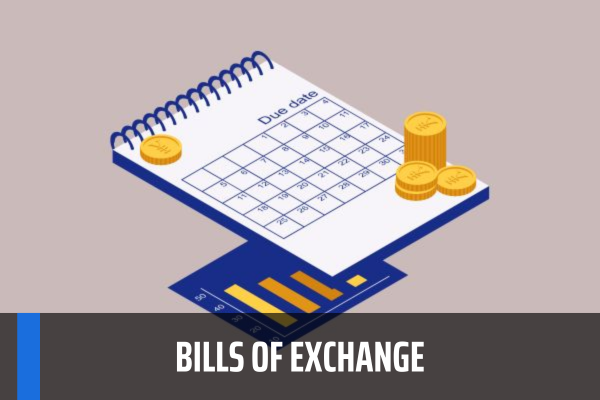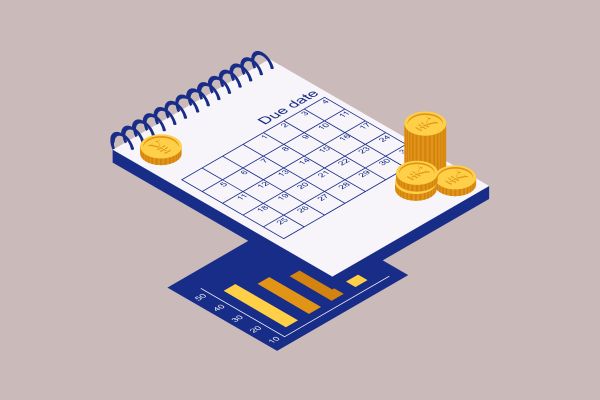When will a bill of exchange be deemed to be dishonoured by non-payment? What are the contents of bills of exchange in Vietnam?
Vietnam: When will a bill of exchange be deemed to be dishonoured by non-payment?
Pursuant to Article 45 of the Law on Negotiable Instruments 2005, the provisions on refusal to pay are as follows:
Refusal to pay
1. A bill of exchange shall be deemed to be dishonoured by non-payment if the payee is not paid in full the sum stated in the bill of exchange within the period specified in article 44.1 of this Law.
2. When a bill of exchange is dishonoured by non-payment in part or in full for the sum stated in the bill of exchange, the beneficiary may immediately have recourse to the preceding endorser, the drawer or the guarantor for the unpaid amount in accordance with the provisions of article 48 of this Law.
Accordingly, a bill of exchange shall be deemed to be dishonoured by non-payment if the payee is not paid in full the sum stated in the bill of exchange within three working days from the date of receipt of the bill of exchange.

When will a bill of exchange be deemed to be dishonoured by non-payment? What are the contents of bills of exchange in Vietnam?
What are the contents of bills of exchange in Vietnam?
Pursuant to the provisions of Article 16 of the Law on Negotiable Instruments 2005 as follows:
Contents of bills of exchange
1. A bill of exchange must include the following contents:
(a) The words "Bill of Exchange" written on the front of the bill of exchange;
(b) An order for unconditional payment of a fixed sum of money;
(c) The period for payment;
(d) The place for payment;
(dd) The name of the drawee being an organization or the full name of the drawee being an individual, and the address of the drawee;
(e) The name of the beneficiary being an organization or the full name of the beneficiary being an individual who is designated by the drawer or in favour of whom [the drawer] has made the request for payment of the bill of exchange to the order of the beneficiary or the request for payment of the bill of exchange to the bearer1 .
(g) The place and date of signing and issuance;
(h) The name of the drawer being an organization or the full name of the drawer being an individual, and the address of the drawer.
2. A bill of exchange which omits any one of the contents stipulated in clause 1 of this article shall be invalid, except for the following cases:
(a) Where the period for payment is not recorded on the bill of exchange, the bill of exchange shall be paid immediately upon presentation;
(b) Where the place for payment is not recorded on the bill of exchange, the bill of exchange shall be paid at the address of the drawee;
(c) Where the place of signing and issuance is not specified on the bill of exchange, the bill of exchange shall be deemed to have been drawn at the address of the drawer.
3. When the sum of money written in figures on a bill of exchange is different from the sum
of money written in words, the sum of money written in words shall be valid for payment. Where the sum of money is written twice or more in words or in figures on a bill of exchange and they are different, the smallest sum of money written in words shall be valid for payment.
4. Where a bill of exchange does not have sufficient space for writing, it may have an additional sheet attached. The sheet shall be used for recording details of guarantee, endorsement, pledge or collection. The person who is the first to prepare an additional sheet must attach it to the bill of exchange and sign across the edges of the additional sheet and the bill of exchange.
Accordingly, a bill of exchange must include the following contents:
- The words "Bill of Exchange" written on the front of the bill of exchange;
- An order for unconditional payment of a fixed sum of money;
- The period for payment;
- The place for payment;
- The name of the drawee being an organization or the full name of the drawee being an individual, and the address of the drawee;
- The name of the beneficiary being an organization or the full name of the beneficiary being an individual who is designated by the drawer or in favour of whom [the drawer] has made the request for payment of the bill of exchange to the order of the beneficiary or the request for payment of the bill of exchange to the bearer1 .
- The place and date of signing and issuance;
- The name of the drawer being an organization or the full name of the drawer being an individual, and the address of the drawer.
Vietnam: Is there a penalty for transferring a negotiable instrument which has been rejected?
Pursuant to Point a, Clause 3, Article 29 of Decree 88/2019/ND-CP stipulating violations against regulations on negotiable instruments as follows:
Violations against regulations on negotiable instruments
1. A fine ranging from VND 15.000.000 to VND 20.000.000 shall be imposed for signing any negotiable instruments ultra vires.
2. A fine ranging from VND 20.000.000 to VND 30.000.000 shall be imposed for committing one of the following violations:
a) failing to fulfill acceptor's duties as defined in Article 22 of the Law on negotiable instruments;
b) sending collection orders to collectors against regulations in Clauses 1, 2 and 3 Article 39 of the Law on negotiable instruments.
3. A fine ranging from VND 30.000.000 to VND 50.000.000 shall be imposed for committing one of the following violations:
a) transferring a negotiable instrument whose prescribed time limit for presentment has expired, which has been not accepted or rejected for payment or lost as informed by holder as prescribed in Clause 4 Article 15 of the Law on negotiable instruments;
b) drawing a cheque in case of insolvency.
4. A fine ranging from VND 60.000.000 to VND 120.000.000 shall be imposed for committing one of the following violations:
a) forging signatures affixed to negotiable instruments;
b) failing to comply with regulations on printing, delivery and management of blank cheques in Clause 2, 3 Article 64 of the Law on negotiable instruments.
5. Additional penalties:
The exhibits and instrumentalities used for committing any of the administrative violations prescribed in Clause 4 of this Article shall be confiscated.
6. Remedial measures:
Enforced transfer of benefits illegally obtained from any of the administrative violations prescribed in Point b Clause 3 and Clause 4 of this Article to state budget.
Accordingly, a fine ranging from VND 20.000.000 to VND 30.000.000 shall be imposed for transferring a negotiable instrument which has been rejected.
Note: The above fine level applies to individuals. In case of violation by an organization, the fine level is 2 times higher than that of an individual.
LawNet
